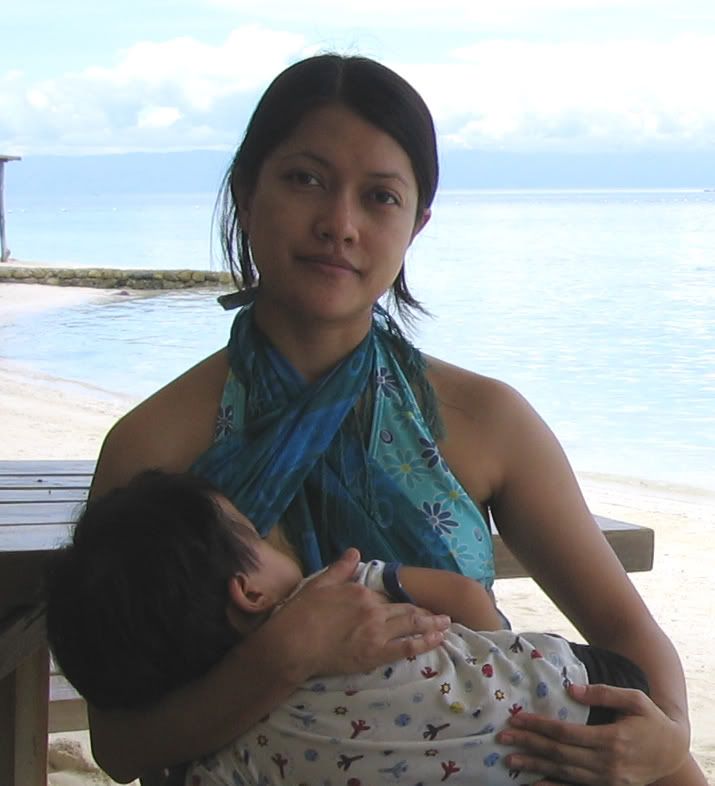Parents Begin Taking Action Over BPA in Feeding Bottles
When news that the chemical bisphenol A (BPA) could harm children broke out, we knew it was only a matter of time before parents would take action. Four Ohio parents have sued five baby bottle companies for using BPA even though the companies were aware of its possible danger to children.In late 2007, a US panel of experts concluded that BPA could pose some risks to developing fetuses and children. The risks include birth defects and developmental problems. The chemical is used in making feeding bottles and sippy cups.
Unfortunately, this issue is little known in developing countries like the Philippines, where a growing number of children are bottle-fed. Formula-feeders as well as those who give expressed breastmilk in bottles should be concerned about their children's exposure to BPA. (Since BPA is also used in DVDs, food cans and other products, all of us are exposed)
The Filipino mothers who are knowledgeable about the issue are upper-middle income women who get information from the Internet and foreign sources. They have told me that the issue of BPA has not figured in Philippine media at all.
Because of their concern, some mothers are switching to glass bottles, which are more expensive. One mother said her family doctor has advised that, when the child is 1 year or older, the feeding bottles no longer have to be sterilized (thanks to formula companies marketing milk for older children, many families in the Philippines continue giving formula to their children well into their school-age years). Not sterilizing is supposed to lessen the exposure to BPA since the chemical apparently leeches at high temperatures.
This is like exchanging one danger for another. Microorganisms multiply rapidly in baby bottles and artificial nipples, even when these have been sterilized.
Unfortunately, in the Philippines (and possibly other countries as well), even health professionals are ill-informed to give the best advice to parents of infants. And the lack of correct information and inadequate support for breastfeeding are causing well-intentioned parents to unwittingly expose their children to danger.
Related article:
BPA: Yet Another Concern for Formula Feeders
Baby Bottle Makers Sued Over Bisphenol A Use

